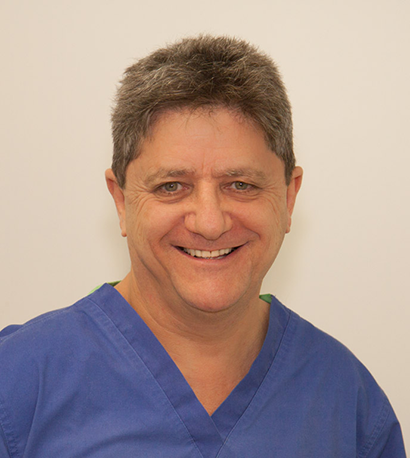Missing Teeth
Missing teeth can be replaced in three ways
- Dental implants are the ideal option for replacing missing teeth.
- For situations where dental implants can’t be used, a bridge can be an excellent alternative.
- Dentures, either partial or full, can provide an excellent, cost-effective means of replacing missing teeth.
Crooked teeth
Crooked or misaligned teeth can be corrected in four ways:
- We always consider the possibility of Orthodontics (Braces or Invisalign) for crooked or misaligned teeth
- Crowns can both correct minor misalignments as well as improve the size, shape and colour of the teeth
- Veneers and bonding are excellent ways to correct minor misalignments in a conservative way
- Cosmetic recontouring is the reshaping of teeth to improve their appearance. Only minor corrections can be made by cosmetic contouring.
Discoloured teeth
For general improvement in the colour of teeth, tooth whitening is the most commonly used treatment.
For teeth that require not only whitening but also have problems with their size, shape or position, we might recommend either veneers or crowns.
Toothache
Toothache can vary from occasional very mild sensitivity to severe constant pain. Even mild toothache should never be ignored. If the decay or other factors e.g. a crack in the tooth are left untreated, the damage may progress deeper into the tooth and start to damage the pulp (nerve).
If the pulp is damaged badly enough the tooth may require Root Canal Therapy.
Bleeding gums and loose teeth
If your gums bleed when you brush your teeth or when you eat certain foods, that is a sign that you have gingivitis. Loose teeth are a sign of further breakdown of the supporting tissues around the teeth, called periodontitis or periodontal disease.
Gingivitis and periodontal disease are almost always painless conditions, so it is very important to have regular dental check-ups to enable us to detect the disease early, before it has a chance to destroy too much of the supporting bone.
Periodontal disease is a major cause of tooth loss. It is very important that it is diagnosed and treated early.
Read more about periodontal treatment.
Jaw pain and ‘Clicking’
Most cases of joint pain are treated with an occlusal splint.
Application of heat or cold, physiotherapy and diet modification might also be incorporated into the treatment.
In many cases, clicking sounds on opening or closing the mouth are not of clinical significance.
When the clicking is associated with pain, splint therapy is usually the treatment of choice.
Migraine and headaches
Headaches are often associated with tension in the muscles that move the jaw. This tension is often caused by, or aggravated by, clenching and grinding of the teeth, usually during sleep.
Splint therapy is the most commonly use modality to help reduce the tension in the muscles which, in turn, reduces the incidence or severity of the headaches.
Migraines are best treated with a special form of splint, called an NTI.



